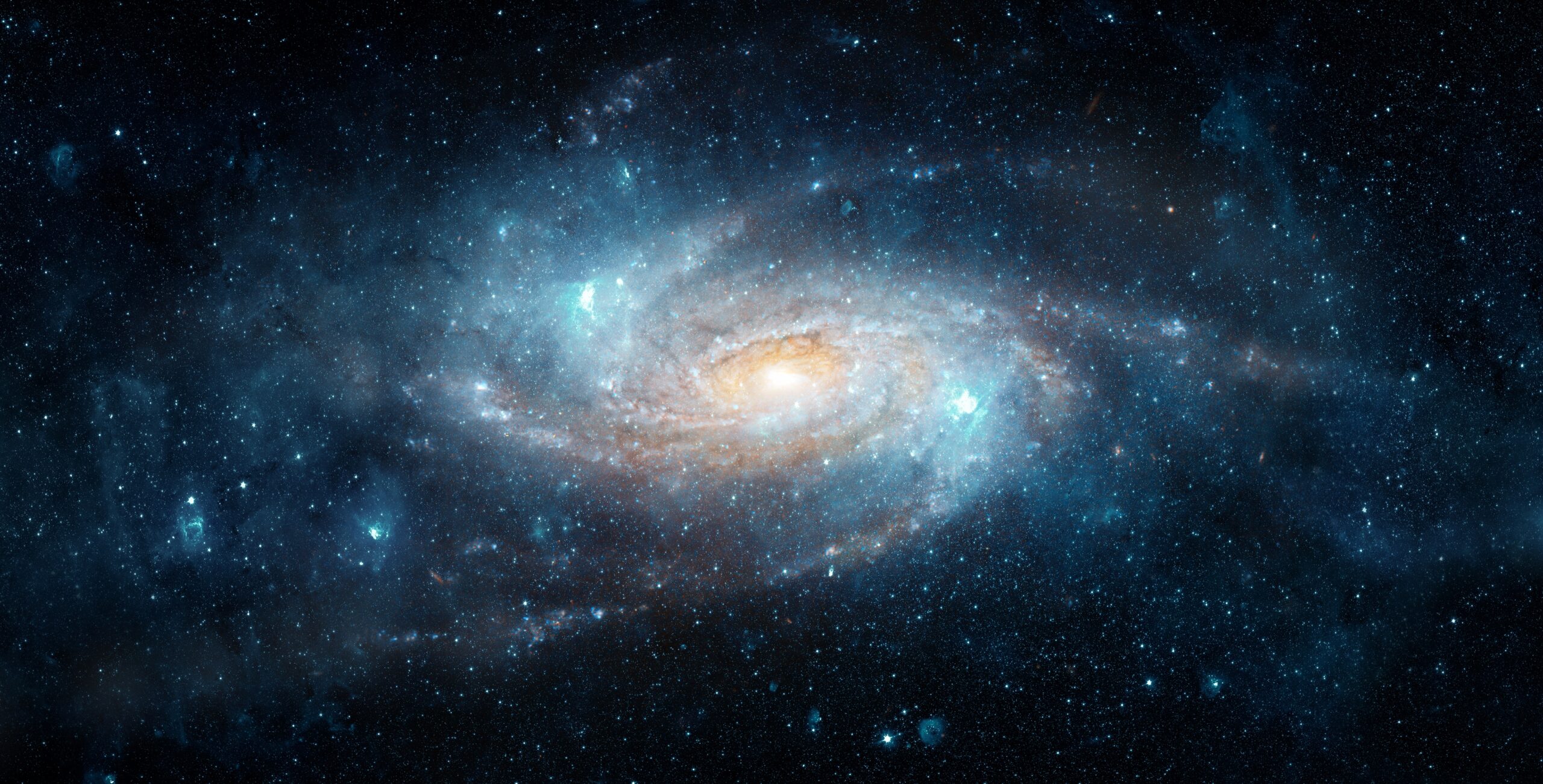The next generation of telescopes, considered the most powerful in the world, promises to solve some of humanity’s oldest questions, including whether we are alone in the universe.
However, one of the most profound questions about the origin of the universe will likely remain unanswered: if the universe originated in a Big Bang, what existed before it? According to an opinion piece by Professor Abraham Loeb, published in Scientific American, the answer could be fascinatingly intriguing.
Loeb suggests that the cosmos as we know it could be a “baby universe” created by an advanced technological civilization in a laboratory.
This is not the first time that Loeb, former chair of the Department of Astronomy at Harvard University and founding director of the Harvard Black Hole Initiative (BHI), has proposed theories that shake the foundations of science. As one of the most prominent figures in contemporary astronomy, Loeb’s theories cannot be ignored. His work has been recognized worldwide and has generated both admiration and controversy.

The theories of Abraham Loeb, Harvard astronomer, that have resonated in recent years
Loeb is also the author of the bestselling book “Extraterrestrial: The First Sign of Intelligent Life Beyond Earth,” in which he concludes that the interstellar object called ‘Oumuamua could be an artificial probe. His most famous theory was published in the scientific journal Astrophysical Journal Letters, in an article titled “Could Solar Radiation Pressure Explain ‘Oumuamua’s Peculiar Acceleration?” This report, although brief, caused a great shock in the astronomical community by suggesting that ‘Oumuamua’ could be a space-sail sent by an alien civilization.
There have been many theories about what might have existed before the Big Bang. Some of the most popular include the idea that the universe emerged from a vacuum fluctuation, or that it is a cyclical process with repeated periods of contraction and expansion – Big Bang and Big Crunch in an eternal repeat. It has also been suggested that the universe could have been born from matter collapsing inside a black hole in another universe, bouncing back to form the other side of the Einstein-Rosen bridge, also known as a wormhole.
Another theory is that our universe is part of a multiverse, where infinite universes co-exist and each possibility plays out an infinite number of times. According to Loeb, our universe could have been created in a laboratory by an advanced civilization. Since our universe has a flat geometry with zero net energy, an advanced civilization could have developed a technology to create a baby universe out of nothing through quantum tunneling.
Loeb explains that his theory is free of anthropic reasoning, which states that the universe was selected for us to exist in. This reasoning runs counter to the Copernican Principle, which holds that there is nothing special or unique about humanity or the space we occupy in the universe. However, the mere existence of life suggests that we are fortunate.
In recent years, the multiverse theory has been proposed as a possible resolution to the Anthropic Principle. The baby universe theory is consistent with this idea, as it suggests that the universe gives rise to advanced civilizations that can create new universes in a Darwinian cosmic selection process. Currently, humanity is not advanced enough to replicate the cosmic conditions that led to our existence.
Loeb proposes a cosmic scale to rank civilizations based on their ability to create universes. A class A civilization could create a “baby universe” in a laboratory, a class B civilization could adjust conditions in its immediate environment to be independent of its host star, and a class C or D civilization, such as our own, cannot yet recreate habitable conditions on our planet and faces challenges such as climate change.
Eventually, humanity could reach the level of a class A civilization and engage in cosmic procreation. Although these hopes may seem optimistic, the prospect of cosmic reproduction presents inspiring possibilities. Loeb concludes that humanity might one day be able to create a baby universe that is an improvement over our own, opening new frontiers in our understanding of the cosmos.
The importance of new telescopes
The next generation of telescopes will be crucial to advancing our understanding of the universe and answering fundamental questions about its origin and evolution.
These telescopes will not only be tools for scientific observation, but also for philosophical and existential exploration. As we look out into the far reaches of the universe, we also look at ourselves and our position in the vast scheme of the cosmos. The question of whether we are alone and how we got here remains one of the most profound, and new discoveries could bring us closer to answers we have so far only been able to imagine.
Keep reading:
* What the sound of the early universe was like and what clues it reveals about mysterious dark matter
* Are there more stars in the Universe than grains of sand on the world’s beaches?
* Are we alone in the Universe? 3 academics conclude that… probably yes
